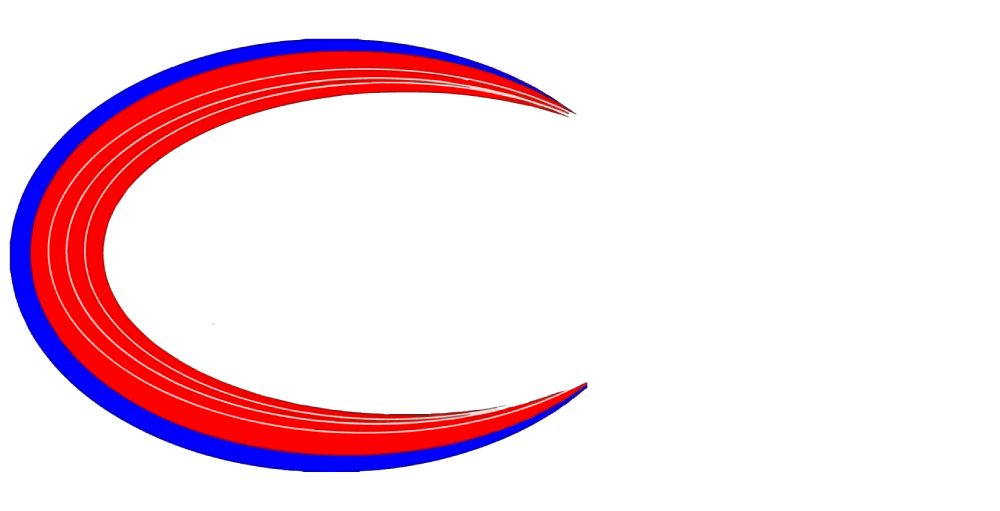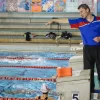Sport can contribute positively to the development of individuals, not just physically, but also socially and emotionally. This can only happen if sport is ‘in the right hands’ – by which we mean those belonging to the informed, thinking and enlightened coach. Due to the time-sensitive nature of sport and Physical Education it is necessary that coaches and athletes understand each other. Athletes and coaches will communicate in a variety of ways, be it hand outs, demonstrations, verbal instructions or using movement.
A debate is raging in the profession of coaching concerning the treatment of athletes. Coaching styles are at the forefront of the argument as coaches, physchologists, parents and athletes try to agree which is best to practice.
Developing a clear understanding of how to use students’ or athletes’ learning preferences to enhance teaching and coaching methods is essential for any sports coach or physical education teacher (Dunn, 2009).
Download the full document here: Identifying learning preferences to develop teaching of sport and the relationship between coach and athlete

